Accueil » Well-being & Olfaction
Well-being & Olfaction
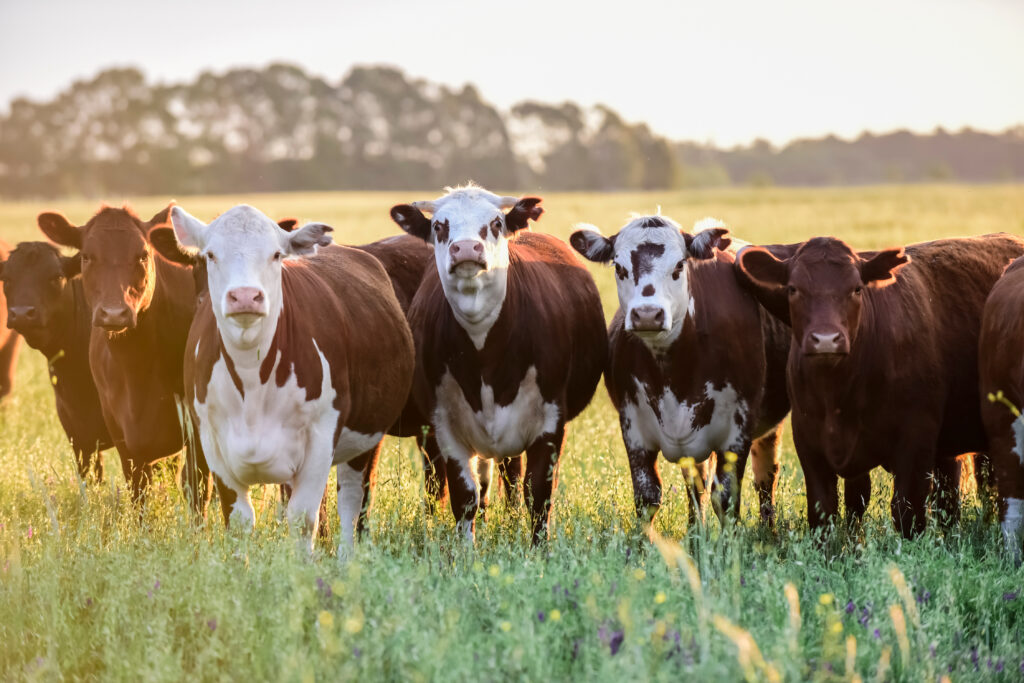
Scent, olfaction and
animal well-being
Do you find the link between farm animal well-being, scent and performance surprising? Well, it exists, and it opens up an innovative way of optimising animal performance while safeguarding their well-being on the farm. Olfaction and scents are our speciality. We offer olfactory solutions for the day-to-day challenges faced by livestock farmers. We’re here to convince you that olfactory enrichment can be your greatest asset in managing the well-being and performance of your livestock!
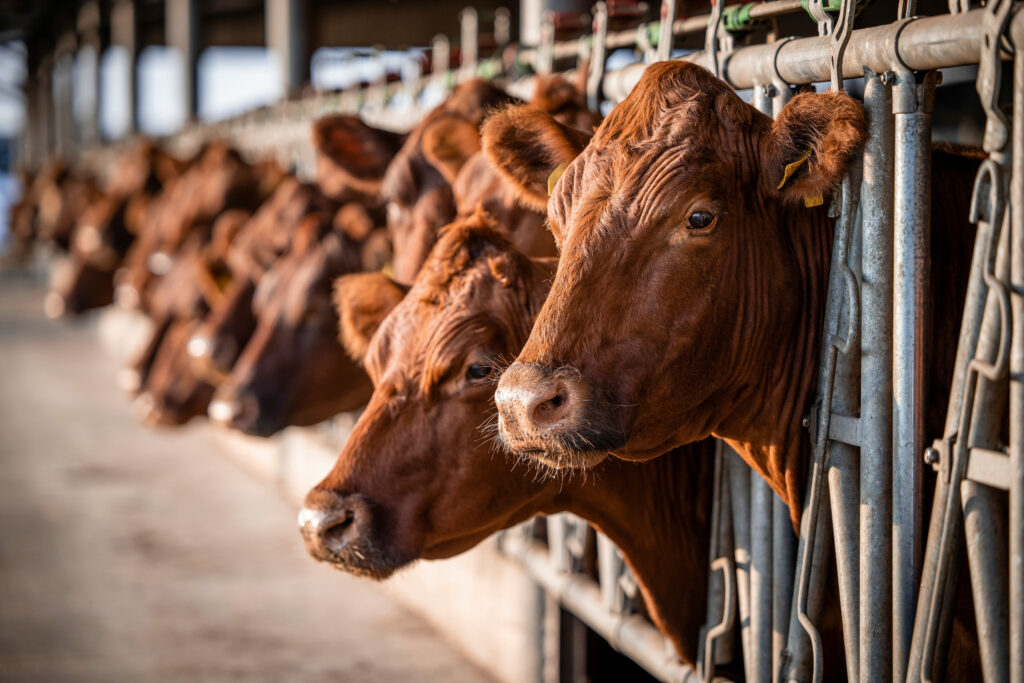
Olfaction and animal well-being
Olfaction is a generally misunderstood and often underestimated sense. But it is a vital sense, involved in numerous physiological mechanisms in humans and animals. This observation was the starting point for Daniel Eclache, CEO and founder of Phodé. A veterinarian by training, specialised in ruminant, he is passionate about olfaction. He started out by studying the role scent plays in the brain and animal behaviour. In 1996, he founded the Phodé Group and since then the Group has continued to demonstrate its expertise in the science of olfaction. The sheer number of olfactory molecules with diverse properties has convinced us of their remarkable potential. Our sensory solutions are perfectly suited to meet the increasing demand for animal proteins, and well-being, sustainability and health requirements.
Olfaction - a vital yet underutilised sense
The sensory world of animals is different from that of humans. We have the same senses, but their sensitivities and the amount they are relied upon vary greatly from one species to another. The sense of smell or olfaction is essential to well-being. For farm animals, the sense of smell is dominant and plays a direct role in many everyday behaviours and events, such as:
- searching for feed,
- choosing feed,
- predators,
- communication between individuals,
- reproduction
Poultry, ruminants and swine all have high-performance olfactory organs that enable them to identify scents, collect information and interact with the environment. As the sense of smell is directly linked to the brain, it is a key pathway for optimising well-being and performance in livestock farming.
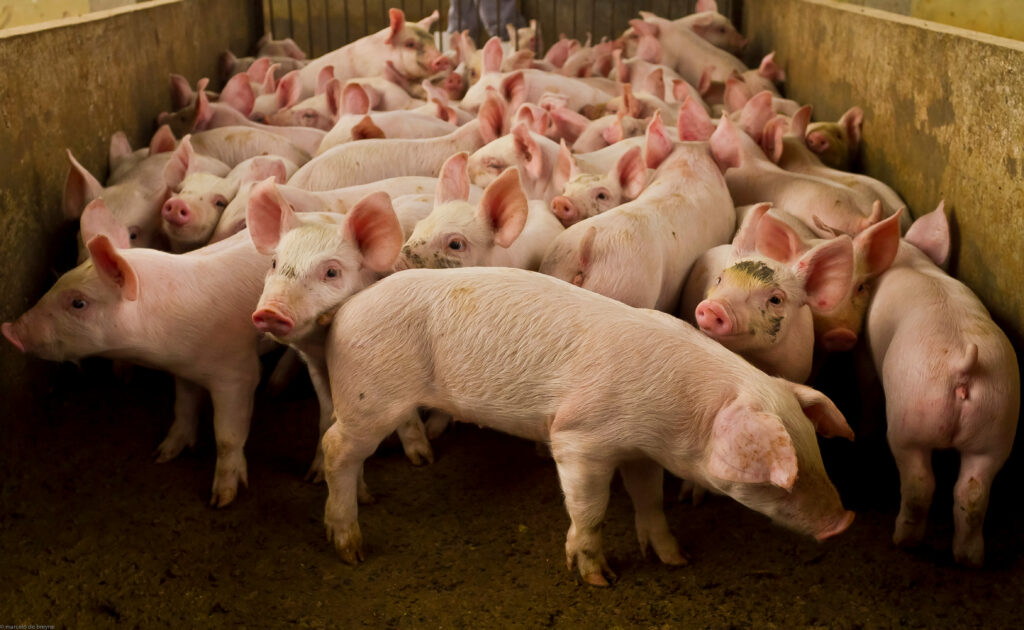
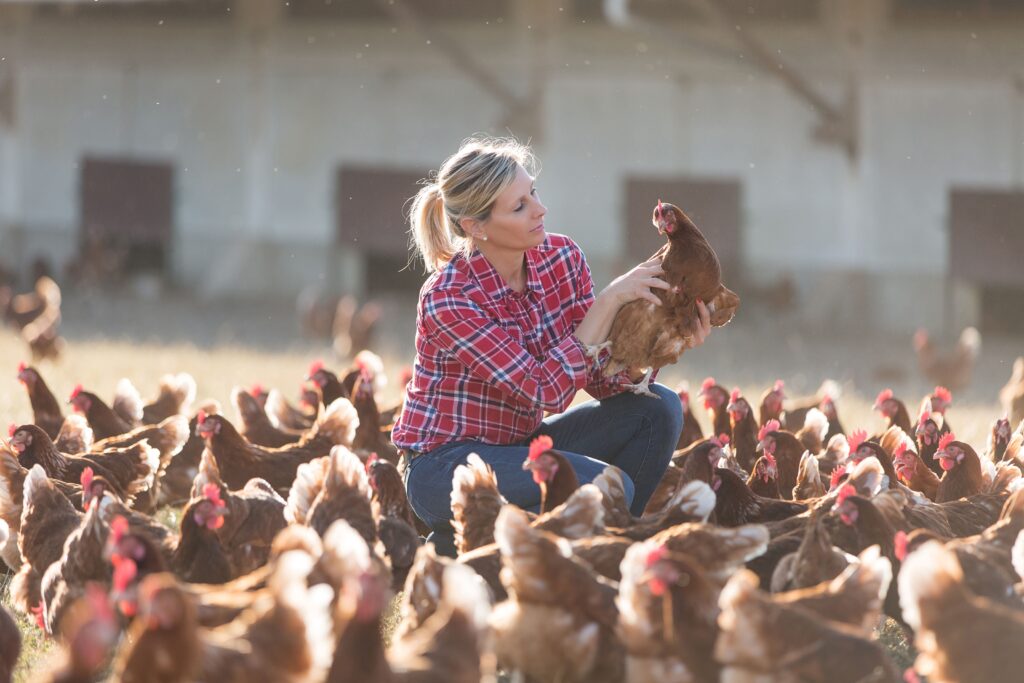
Olfactory molecules: Valuable allies
for well-being
The scientific and technical research carried out by Phodé has been guided by the desire to understand the effects of olfactory molecules on the brain and to use them positively to improve animal well-being in livestock farming conditions. The effect of olfactory enrichment can be monitored by studying animals’ behaviour and performance, as well as their physiological and health status, giving an overall picture of their adaptation to their environment. It is therefore possible to objectively assess the impact of scents on animal well-being.
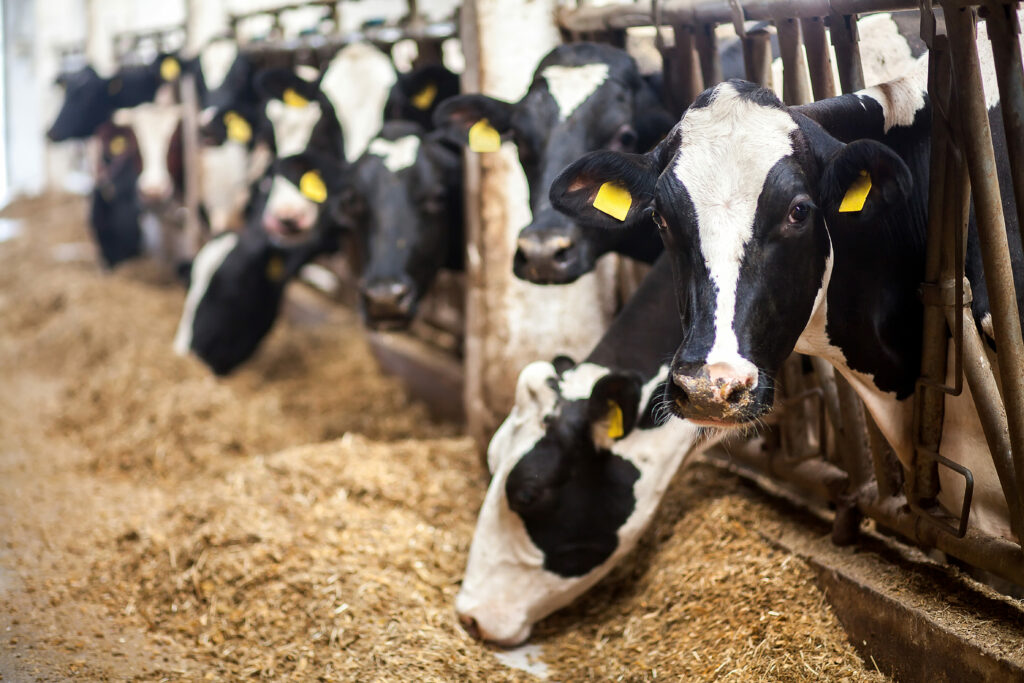
Combining well-being and performance
Harnessing the power of scent provides a holistic approach to animal well-being. By acting on the brain, the benefits are seen in emotion, behaviour and physiology, and therefore ultimately in performance. To optimise these, livestock farmers work on a number of factors: feed, livestock farming conditions, health plan and the environment inside buildings, etc. Olfactory enrichment complements and enhances livestock performance by enabling them to adapt to their surroundings. The result is optimised individual animal performance and a better working environment.










